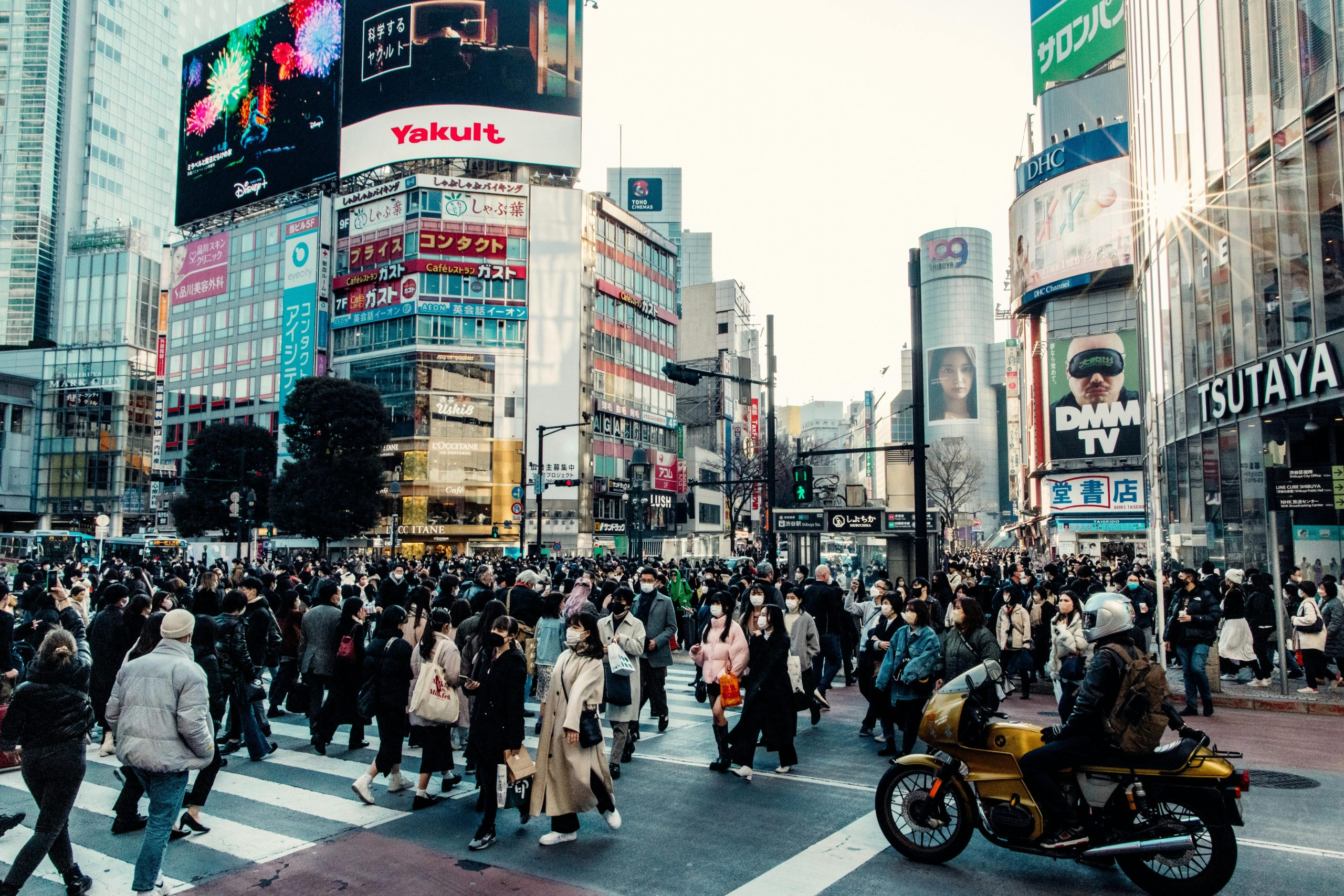The Impact of Fast Fashion on Shopping Culture
Every day, millions of people around the world participate in a universal activity: shopping. Whether it’s for necessities or luxury items, shopping has become ingrained in our society and culture. However, with the rise of fast fashion, the way we shop has drastically changed. Fast fashion is a business model that focuses on rapidly producing and selling trendy and inexpensive clothing, often at the expense of ethical and sustainable practices. But what impact does this industry have on our shopping culture? In this article, we’ll explore the effects of fast fashion on our shopping habits and the wider implications it has on society.
The Rise of Fast Fashion
Fast fashion is a relatively new concept, with its beginnings traced back to the 1980s. It is a business model that prioritizes speed and low cost over quality and sustainability, allowing consumers to buy cheap, trendy clothing at a rapid pace. This model gained popularity due to the increase in demand for affordable and diverse clothing options, as well as advancements in technology that made mass production easier and faster.
Today, fast fashion retailers dominate the market, with major brands like Zara, H&M, and Forever 21 taking the lead. These retailers are able to produce new collections every few weeks, with a constant influx of new and affordable items that keep consumers wanting more. As a result, the fashion industry has become one of the most environmentally destructive in the world, with fast fashion being a major contributor.
The Impact on Shopping Culture
Disposable Mentality
The rise of fast fashion has had a huge impact on our shopping culture, creating a “disposable” mentality when it comes to clothing. With new collections being released so frequently, consumers are constantly encouraged to buy the latest trends, regardless of whether they need it or not. This has led to a culture of overconsumption and a disregard for the value of clothing.
As a result, the average person now buys 60% more clothing than they did 20 years ago and keeps them for half as long. This cycle of buying and discarding has negative consequences for the environment, as well as the workers who produce these garments.
Low Wages and Poor Working Conditions
In order to keep up with the fast-paced demand for new clothing collections, fast fashion retailers rely on cheap labor in developing countries. This often leads to low wages and poor working conditions for garment workers, with reports of exploitation and abuse being all too common.
Additionally, the constant need to produce new collections at a rapid pace puts pressure on workers, leading to long working hours and fatigue. This has led to a rise in labor rights movements, where activists are calling for better working conditions and fair wages for garment workers.
Environmental Impact
The environmental impact of fast fashion is undeniable. The production of cheap, low-quality clothing leads to high levels of water consumption, pollution, and waste. In fact, it is estimated that the fashion industry is responsible for 20% of global wastewater and 10% of global carbon emissions.
Furthermore, the materials used to make these fast fashion items are often non-biodegradable, meaning they will sit in landfills for hundreds of years. The constant need to keep up with new trends and replace old items also leads to a significant amount of textile waste, with only a small portion being recycled or repurposed.
The Need for Change
Consumer Responsibility
Ultimately, as consumers, we have the power to make a change. We can choose to support fashion brands that prioritize sustainability and ethical practices, and opt for quality over quantity. By buying less and investing in higher-quality clothing, we can reduce our environmental footprint and lessen the demand for fast fashion.
Industry Responsibility
However, the responsibility also lies with the fashion industry itself. Fast fashion retailers must recognize the negative impact they are having on the environment and take steps to become more sustainable and ethical. This includes paying garment workers fair wages and ensuring safe and fair working conditions, as well as implementing more sustainable practices when it comes to production and materials.
The Bottom Line
The impact of fast fashion on shopping culture is significant and far-reaching. From the exploitation of workers to the environmental consequences, the growth of this industry has had a detrimental effect on our society. It is up to both consumers and the fashion industry to take responsibility and work towards a more sustainable and ethical future.










